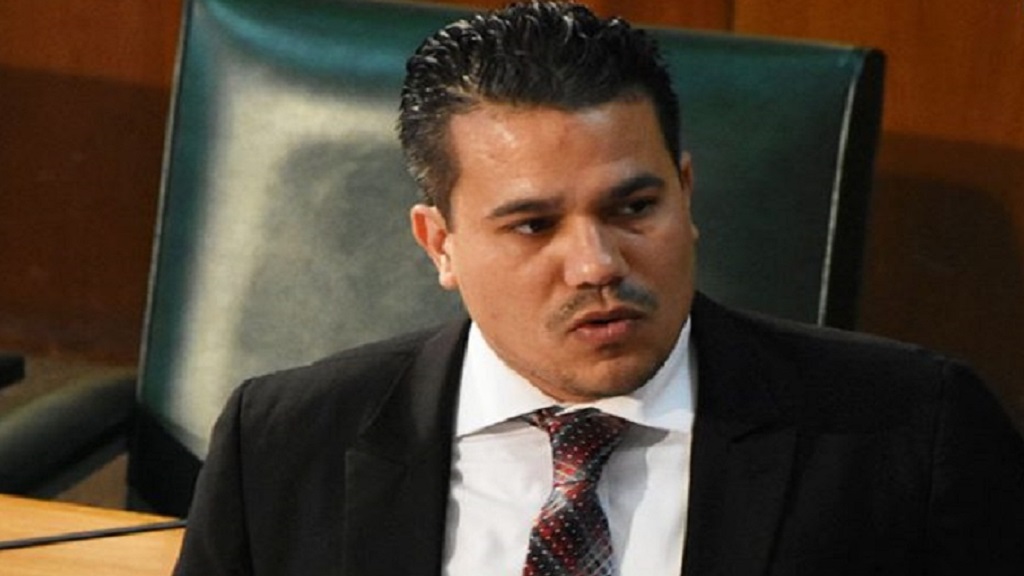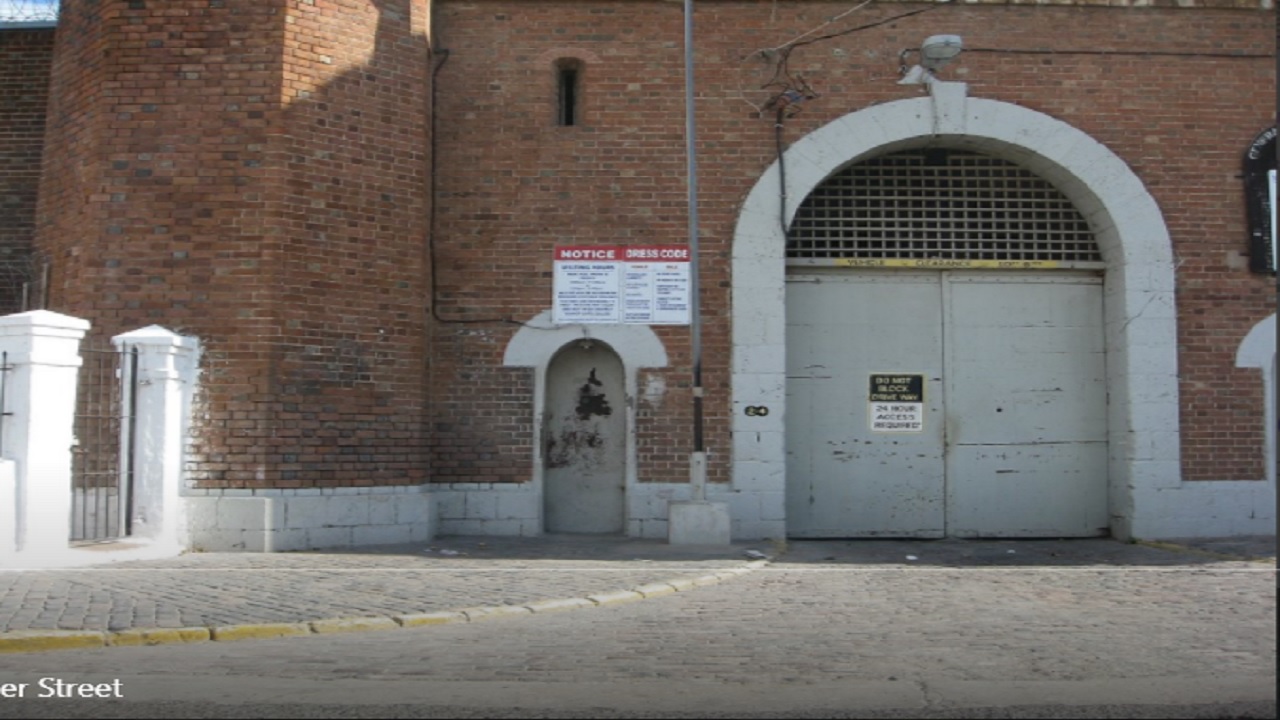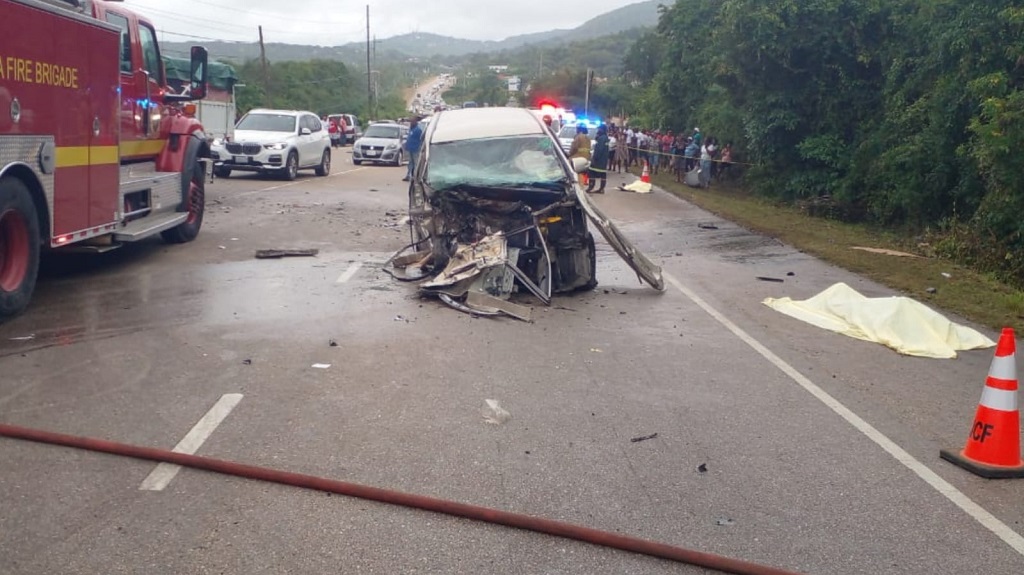The Department of Correctional Services (DCS) has disclosed that there have been five deaths related to COVID-19 within the department since the first case of the coronavirus was confirmed in Jamaica on March 10 last year.
Two of the deceased persons were inmates, while three were staff members.
Despite being that seriously impacted, the DCS, while acknowledging that the COVID-19 pandemic has negatively affected all facets of Jamaican life, including presenting challenges for the department itself, is insisting that it has “mitigated the effects admirably”.
This is according to Minister without Portfolio in the Ministry of National Security, Senator Matthew Samuda. The minister, in a news release on Thursday, said the institutions’ (the penal facilities) relative success is partly due to foresight.
“The sensitisation to the potential threat began in late January 2020 through sharing of the basic facts that were known about the virus then with key members of the DCS medical team and representatives from the correctional centres,” added Samuda.
He said subsequently, a comprehensive contingency plan was prepared, with guidelines from the Ministry of Health and Wellness, the United States-based Centers for Disease Control, the Pan American Health Organisation, and the World Health Organisation, forming the foundation.
Samuda further stated that the DCS then carried out an education effort targeting staff and inmates throughout the organisation.
“Pamphlets were handed out, posters were erected, and the radio stations in the facilities were used to share information,” the minister said.
He was addressing Wednesday’s Sir Arthur Lewis Institute for Social and Economic Studies UWI virtual public forum under the theme: ‘Successfully Managing the COVID-19 Pandemic in Prisons; the experiences of Caribbean SIDS’.
Samuda told the panellists that the virus has threatened to undermine each of the DCS’ core functions, stating that “it is more difficult to maintain order in correctional facilities with the added anxiety – both for inmates and staff – brought on by the virus and its second-order effects… That anxiety is compounded by possible staff shortages due to quarantines and infections, the necessary cessation of inmate family visitations, and the increased need to establish spaces for quarantine areas in facilities that already have little space to spare.”

Matthew Samuda (File photo)
He added that, decreased traffic in and out of the facilities has also disrupted interactions with the court system and the Jamaica Constabulary Force (JCF), due to lack of physical court attendance by inmates and those on remand.
Furthermore, he said, the DCS had to divert resources from activities such as rehabilitation programmes into securing the basic well-being of those in its care.
Samuda said like all the penal institutions, the DCS is designated to be ‘high risk’ for outbreaks of infectious diseases due to the number of persons housed in the facilities. He said considering that realities, the department managed to pull off a Herculean effort in containing the spread of the virus once it entered the facilities.
He said apart from the initial preventative measures, the department’s success can be attributed to the many dedicated staff members who risk their lives daily to provide care for positive inmates/children, sometimes working double shifts, and who at times cooked and cleaned in place of inmates who were in quarantine.
Samuda pointed to some shortcomings, however. He acknowledged that the “whole-of-institution effort” did encounter issues that limited the department’s success. As such, despite the efforts of the DCS staff in responding to COVID-19, the sustained and demanding challenges led to “burnout”, which would have caused on occasions, lapses in protocol adherence.
“If COVID-19 has offered any benefit to Jamaica’s Department of Correctional Services, it is by highlighting the major areas of vulnerability within this critical institution, which is now the task of the Government to address,” stated Samuda.
One notable development, according to the minister, is the ongoing procurement of a digital Jail Management System which he said is to not only improve the internal efficiencies of the DCS’ operations, but also make the operations more transparent to adjacent state agencies to streamline relevant interactions.
“This system will automatically generate data which can be used to monitor important developments in the facilities and to co-ordinate the appropriate responses. Once this system comes online, DCS will have taken a significant step toward greater internal security, the efficient administering of adequate care to those in its charge, and seamless interoperability with other security and justice institutions,” declared Samuda.










